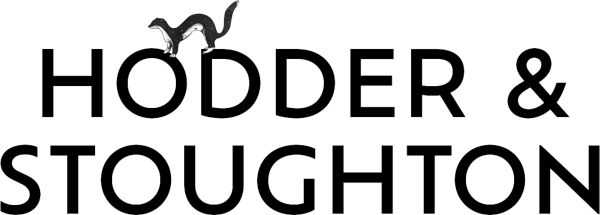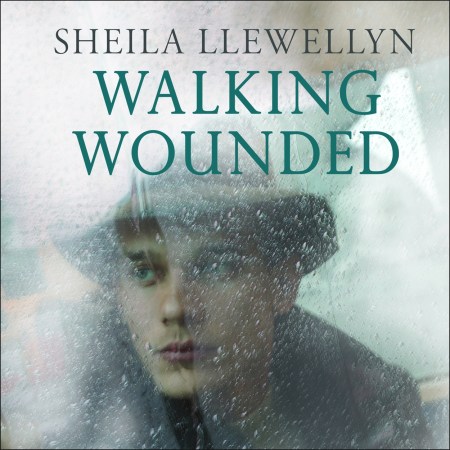SHORTLISTED FOR THE PAUL TORDAY MEMORIAL PRIZE
A stirring debut novel about the complex relationship between a soldier and his psychiatrist, set in a failing psychiatric hospital between the end of the Second World War and the founding of the NHS.
‘Daniel stared at the white-ish brain matter clinging to the haft and clogging up the eye of the needle. Can it really be as easy as that – to scrape out someone’s depression, their melancholy, their anxiety? To scrape out someone’s emotions?‘
Set in Northfield, an understaffed military psychiatric hospital immediately before the NHS is founded, Walking Wounded is the story of a doctor and his patient: David Reece, a young journalist-to be whose wartime experiences in Burma have come back to haunt him violently; and Daniel Carter, one of the senior psychiatrists, a man who is fighting his own battles as well as those of his patients.
This moving and impressive debut explores violence and how much harm it does to those forced to inflict it in the name of war. It also captures the dilemmas of the medics themselves as they attempt to ‘fix’ their patients, each of whom raise the question of what has happened to their humanity, what can be done to help them, and what we are willing to sacrifice in the name of healing.
(P)2018 Hodder & Stoughton Limited
A stirring debut novel about the complex relationship between a soldier and his psychiatrist, set in a failing psychiatric hospital between the end of the Second World War and the founding of the NHS.
‘Daniel stared at the white-ish brain matter clinging to the haft and clogging up the eye of the needle. Can it really be as easy as that – to scrape out someone’s depression, their melancholy, their anxiety? To scrape out someone’s emotions?‘
Set in Northfield, an understaffed military psychiatric hospital immediately before the NHS is founded, Walking Wounded is the story of a doctor and his patient: David Reece, a young journalist-to be whose wartime experiences in Burma have come back to haunt him violently; and Daniel Carter, one of the senior psychiatrists, a man who is fighting his own battles as well as those of his patients.
This moving and impressive debut explores violence and how much harm it does to those forced to inflict it in the name of war. It also captures the dilemmas of the medics themselves as they attempt to ‘fix’ their patients, each of whom raise the question of what has happened to their humanity, what can be done to help them, and what we are willing to sacrifice in the name of healing.
(P)2018 Hodder & Stoughton Limited
Newsletter Signup
By clicking ‘Sign Up,’ I acknowledge that I have read and agree to Hachette Book Group’s Privacy Policy and Terms of Use
Reviews
Quietly self-assured [and] deeply touching
Reminiscent of Pat Barker's Regeneration, and its portraits of damaged soldiers from an earlier conflict, this is a novel that matches Barker's work in its exploration of the trauma wars inflict on those who fight them.
A moving novel exploring the effects of PTSD post World War II
A richly researched tale that stars cameos of the real-life medics who advocated brain surgery as a cure for the psychic scars of service. If that seems an outrage today, Llewellyn's achievement in this tender period piece is to evoke an incendiary sense of scandal, while avoiding all trace of we-know-better-now smugness.
The atmosphere of the late forties is brilliantly evoked . . . a compassionate and compelling account of post traumatic stress in veterans of the 2nd world war while bringing individual patients and their psychiatrists vividly to life
An expertly imagined novel about war's long trail of damage, and about healing intentions gone savagely wrong. Walking Wounded will engage fans of Pat Barker's Regeneration trilogy
Llewellyn has taken the harrowing subject of PTSD and used it to produce a haunting debut novel . . . The level of detail in the book is remarkable
Llewellyn's considerable gifts keep us gripped to the end even when the pain described becomes almost unbearable. The beauty and skill of her own writing is the best testament to her belief in the redemptive power of art.
Writing about a hospitalised and traumatised poet is to invite comparisons to Pat Barker's Regeneration trilogy about shell-shocked First World War poets. Llewellyn's shocking and moving debut can hold its own even in that celebrated company.
A remarkably nuanced debut about the human consequences of war
Powerful, shocking, enlightening, moving, and beautifully written

